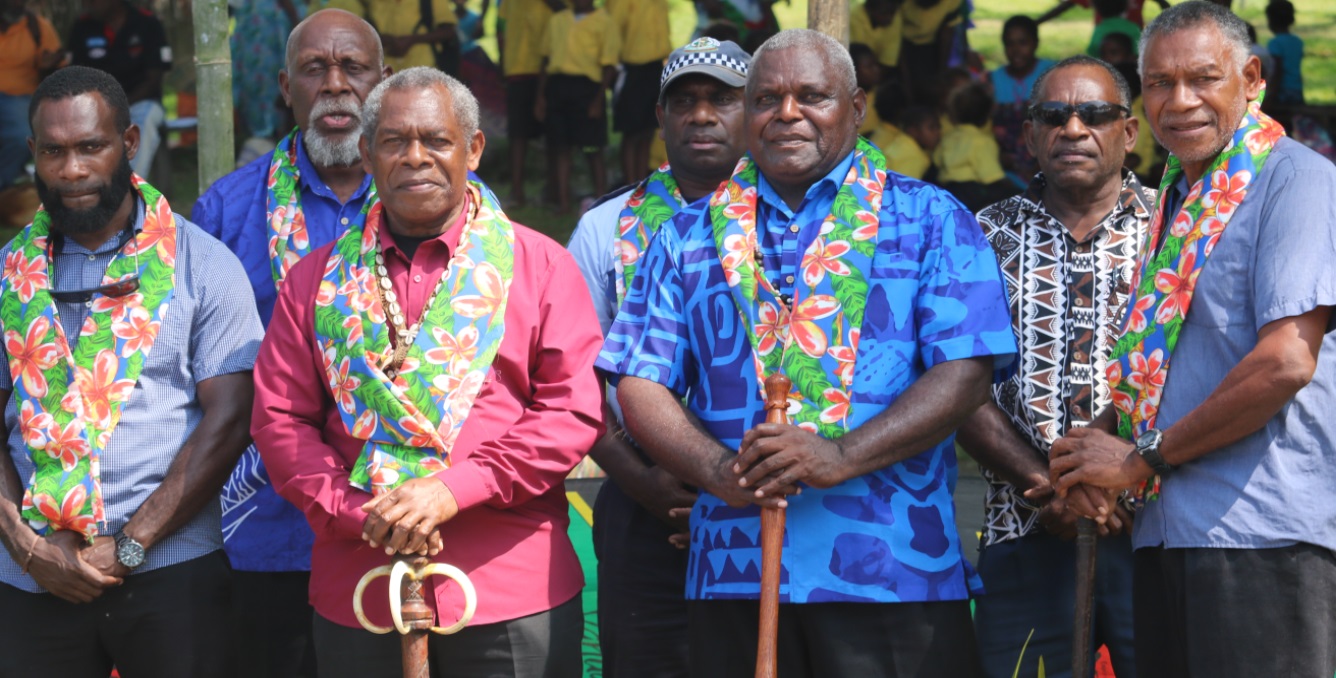
In Vanuatu and around the world, most people resolve their justice problems outside of formal state systems through customary or informal court procedures.
Australia is working with the Malvatumauri National Council of Chiefs to support chiefs at this critical interface between state and non-state systems. Chief Willie Grey Plasua, President of Malvatumauri, delivered a video address at the release of a groundbreaking report on customary and informal justice and SDG16+ in New York City.
For Chief Willie, justice for all cannot be achieved without recognition of customary and informal legal mechanisms. “After Vanuatu’s independence in 1980, the forefathers recognized the traditional legal system, which they incorporated into the Constitution and granted powers to the Malvatumauri. The traditional legal system is used by traditional leaders throughout Vanuatu to resolve issues.”
The traditional justice system is used by traditional leaders across Vanuatu to solve problems” The report, titled diverse pathways to people-centered justice, is a joint publication of the Working Group on Customary and Informal Justice (CIJ) and SDG16+. It represents a new consensus among justice stakeholders that CIJ systems must be at the center of efforts to fulfil the promise of justice for all by 2030, in line with global goals.
The Vanuatu Ministry of Justice and Community Services (MJCS) is working with our partners, including Australia, to improve linkages between state and customary law systems to achieve Justice For All, and Chief Willie Grey Plasua viewed the event as a unique and long overdue opportunity for policymakers to recognize their importance to communities and increase investment in people-centered justice. “It is important that we invest in supporting informal justice. Community members rely on the solutions provided by the traditional legal system. Without this system, access to justice would not be possible.”
